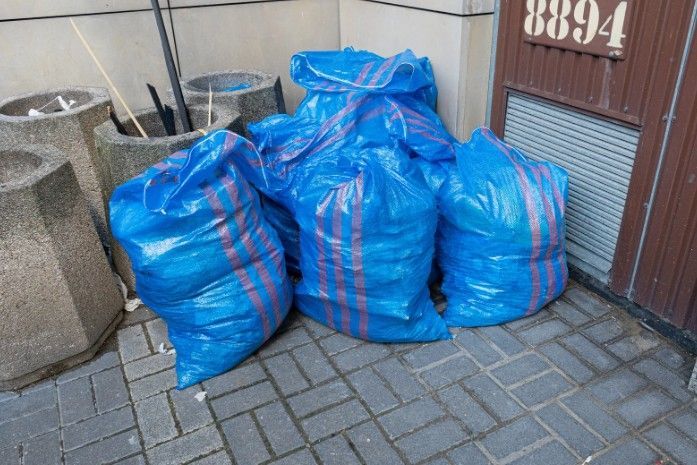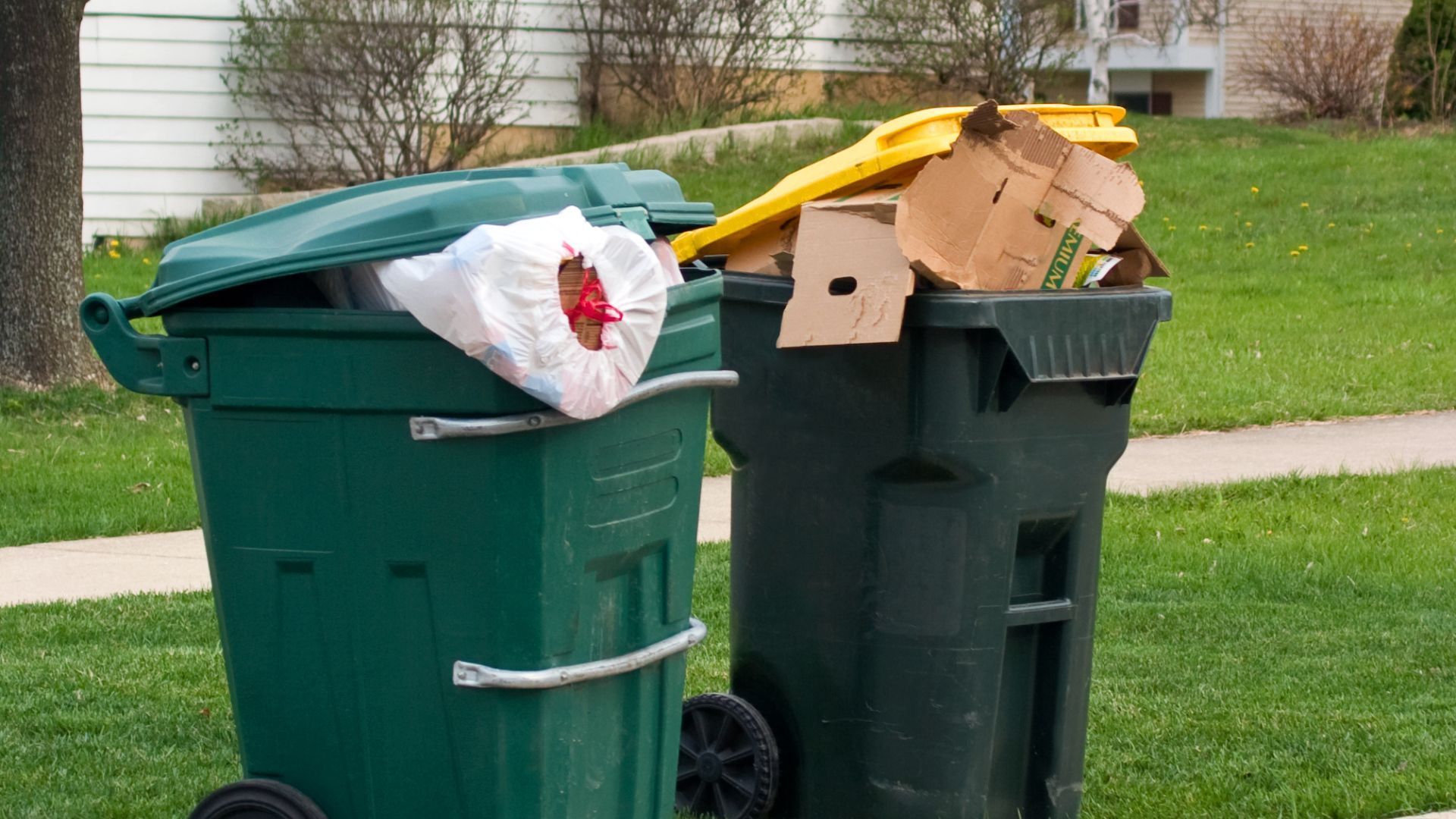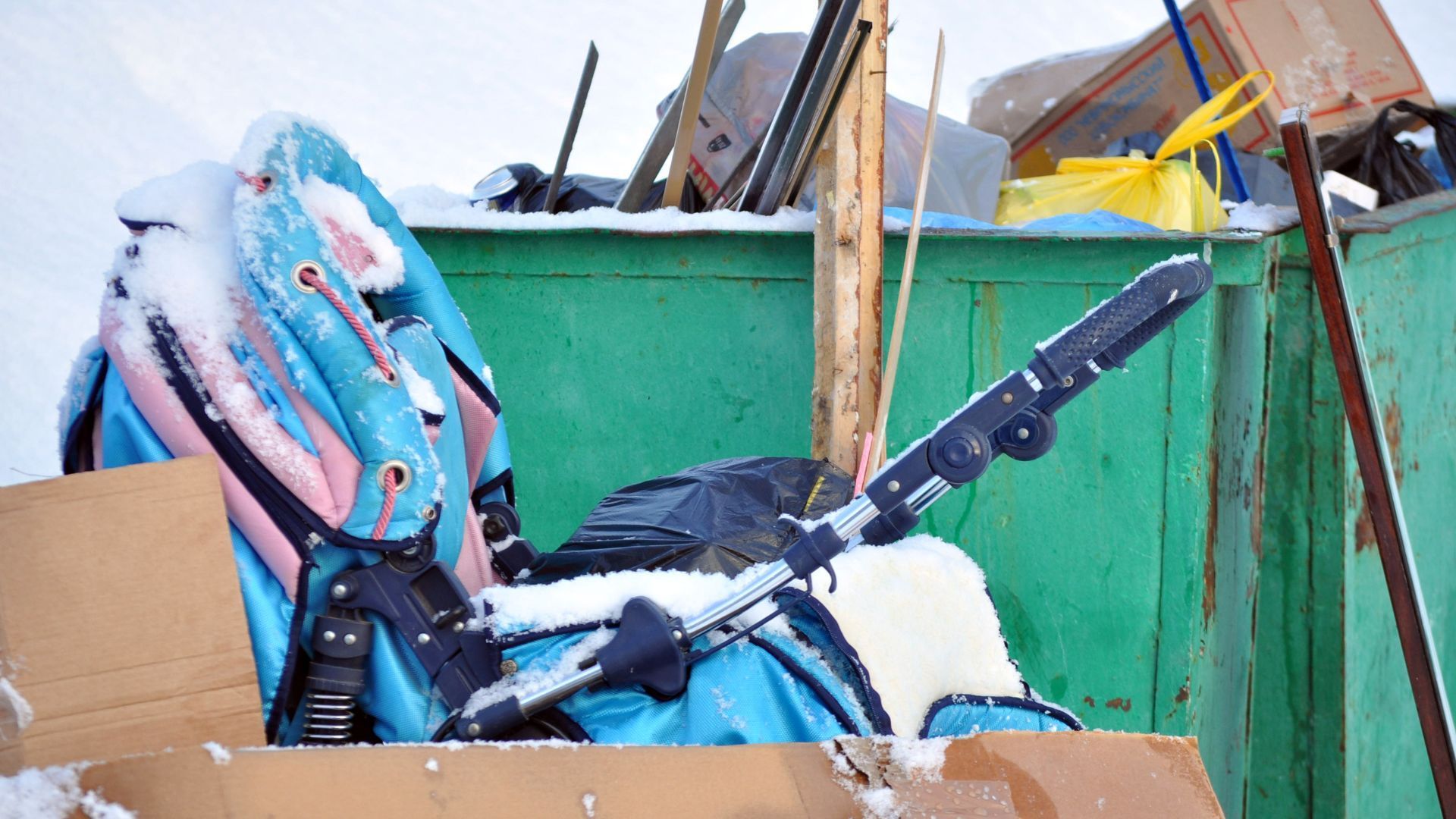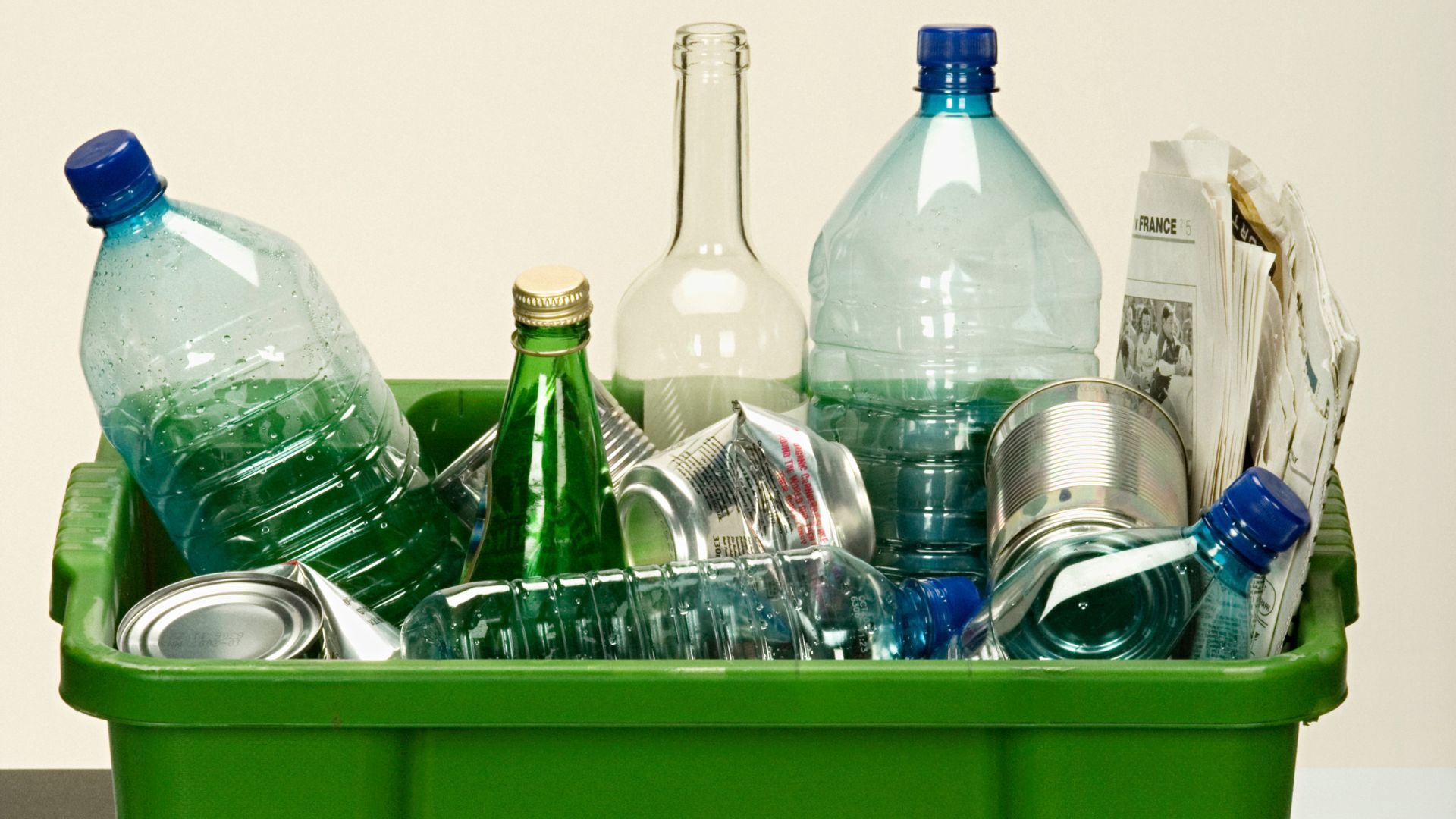How to Safely Dispose of Old Restaurant Equipment Augusta
Disposing of restaurant equipment might seem straightforward, but it’s a task fraught with challenges. Many commercial kitchen appliances contain materials that require special handling, such as refrigerants, heavy metals, and electronic components. Improper disposal can lead to environmental contamination, hefty fines, and safety hazards for workers and the community.
Environmental stewardship is becoming increasingly essential in the hospitality industry. Restaurants that discard equipment responsibly contribute to reducing landfill waste and promote recycling efforts. Many old appliances can be refurbished or recycled, turning what once was considered waste into valuable materials or usable assets. This eco-conscious mindset not only helps preserve natural resources but can also enhance your business’s public image. Additionally, local laws in Augusta and the state of Georgia mandate specific disposal methods for certain materials and equipment types. Failing to comply may result in fines or legal issues, making it vital for restaurant owners to stay informed about these regulations. This makes partnering with knowledgeable disposal experts an excellent strategy to avoid pitfalls and streamline the process.
Assessing Your Equipment Before Disposal
Before proceeding with disposal, it is important to conduct a thorough assessment of the equipment slated for removal. Begin by creating an inventory that details each item's condition, age, and functionality. This step helps determine whether some appliances can be sold, donated, recycled, or must be discarded.
For example, commercial ovens or refrigerators in good condition might attract buyers or nonprofits in need of affordable kitchen gear. On the other hand, heavily damaged or outdated equipment might be best suited for recycling or disposal. This inventory process also assists in planning logistics such as transportation, labor requirements, and disposal fees. During this assessment, it is crucial to identify hazardous materials like refrigerants in cooling equipment. These substances require special handling to prevent release into the atmosphere, which could contribute to ozone depletion or greenhouse gas emissions. Licensed technicians should be employed to safely extract and manage these materials following EPA guidelines.
Understanding Disposal Options Available in Augusta
Once your equipment is ready for disposal, understanding the available disposal options helps you select the best approach. In Augusta, there are several pathways for disposing of commercial kitchen equipment, each with pros and cons depending on your priorities such as cost, environmental impact, and convenience. One common method is utilizing local junk removal services specializing in commercial equipment. These providers handle the logistics of collection, transportation, and proper disposal or recycling. Choosing a reputable company with experience in restaurant equipment ensures compliance with local waste regulations and maximizes recycling rates.
Recycling centers in the region accept many metal components, electronics, and appliances. Recycling reduces the volume of waste going to landfills and recovers valuable materials like steel, aluminum, and copper. Many components of restaurant equipment can be dismantled and sorted for recycling if properly prepared. Another option is donating usable equipment to charities or community kitchens. This approach extends the lifecycle of appliances and supports local organizations. While donation may not be suitable for all items, those in good working order can provide tremendous value to nonprofits while sparing you disposal fees.

Preparing Equipment for Disposal or Pickup
Proper preparation of equipment before disposal helps ensure a safe and efficient process. First, remove all food debris and thoroughly clean the appliances to prevent pest infestations and unpleasant odors during storage or transport. Disconnect all utilities including gas, electricity, and water. This step must be carried out by qualified professionals to avoid accidents or damage. Proper disconnection prevents hazards for disposal personnel and complies with utility provider requirements. If equipment contains refrigerants or other hazardous substances, arrange for certified technicians to extract and dispose of these materials according to regulations. Documentation of this process may be required by disposal contractors or authorities.
Large or complex appliances may require partial disassembly to facilitate removal through doorways and into transport vehicles. Removing detachable components also simplifies recycling as materials can be sorted by type. Clearly label equipment with relevant details such as “Contains Refrigerant” or “Heavy Metal Components” to alert handlers. This communication reduces risks during handling and disposal. Packaging items securely on pallets or in crates prevents damage and keeps work areas safe during transit. This preparation also speeds up the removal process and can lower associated labor costs.
Choosing the Right Disposal Partner
Partnering with a professional disposal service experienced in restaurant equipment is crucial. The right company will understand the unique challenges of handling commercial kitchen gear and provide comprehensive solutions. When evaluating disposal partners, consider their compliance with local, state, and federal regulations governing waste management. Verify that they hold proper licenses and certifications to handle hazardous materials when applicable.
Transparency in pricing and services is essential. Reputable firms will provide clear estimates that include pickup, disposal fees, recycling charges, and any additional costs. Avoid surprises by reviewing contracts thoroughly. Look for companies with strong environmental commitments. Those who prioritize recycling and responsible waste handling contribute positively to sustainability efforts and often have partnerships with local recycling centers and charities. Check reviews and ask for references to assess reliability and professionalism. A dependable disposal partner minimizes downtime, reduces liability risks, and delivers peace of mind.
Environmental and Legal Considerations
Disposing of restaurant equipment entails strict adherence to environmental laws and health codes. Augusta and Georgia regulations impose rules on how waste, especially hazardous waste, must be managed. Improper release of refrigerants from cooling equipment is regulated by the Environmental Protection Agency (EPA) under Section 608 of the Clean Air Act. Certified technicians must recover and handle these chemicals to prevent atmospheric damage. Electronic waste (e-waste) such as digital controls or monitors should be recycled according to the Electronic Waste Recycling Act to avoid toxic components contaminating soil or water.
Metal scrap should be separated and recycled whenever possible. Steel, aluminum, and copper recovery conserves natural resources and reduces the environmental footprint of mining and manufacturing. Documenting disposal procedures is often required for compliance audits. Keeping records of contracts, manifests, and recycling certifications protects your business from penalties. Failure to comply with regulations can result in costly fines, cleanup liabilities, and damage to your brand’s reputation. Demonstrating responsible disposal practices reflects well on your business and appeals to environmentally conscious customers.
Benefits of Professional Junk Removal for Restaurant Equipment
Hiring professional junk removal services for disposing of restaurant equipment offers numerous benefits beyond simple waste removal. Experts in commercial junk removal understand how to safely handle heavy, bulky, and sometimes hazardous items. They have the proper equipment and trained personnel to minimize injury risks. These services often provide flexible scheduling to reduce disruption to your restaurant operations. Quick and efficient removal allows renovations or equipment upgrades to proceed on time.
Professional disposal companies have established relationships with recycling centers, scrap yards, and donation organizations. This network enhances recycling rates and ensures maximum recovery of usable materials. They manage all regulatory compliance, including hazardous waste handling, permits, and disposal documentation, reducing your administrative burden. Finally, outsourcing disposal improves overall efficiency and frees up staff to focus on core business activities rather than logistics and waste management.
Tips for Reducing Waste When Upgrading Equipment
While disposal is necessary at times, minimizing waste through smart purchasing and maintenance helps reduce environmental impact. Choosing durable, energy-efficient equipment extends lifespan and decreases the frequency of replacements. Equipment with modular designs can be repaired or upgraded easily. Consider leasing or renting equipment to keep pace with technological advances without generating excess waste.
When purchasing new appliances, inquire about trade-in or take-back programs offered by manufacturers or suppliers. These initiatives facilitate responsible disposal of old equipment. Regular maintenance and timely repairs prevent premature failure and reduce the volume of discarded items. Encouraging a culture of sustainability within your restaurant team promotes better handling of equipment and waste reduction efforts.
Common Challenges in Disposing of Restaurant Equipment
Disposal of commercial kitchen equipment can present unexpected challenges. Scheduling pickups can be complicated due to the size and weight of appliances. Access restrictions such as narrow doorways, stairs, or limited parking require advanced planning and sometimes specialized equipment like forklifts. Hazardous materials demand careful coordination with certified professionals, which may extend timelines.
Cost considerations can be a hurdle, especially when handling large volumes or hazardous waste. Obtaining multiple quotes and exploring recycling options can mitigate expenses. Proper documentation and permits sometimes cause delays, particularly if regulations change or require additional approvals. Despite these challenges, proactive planning and working with experienced disposal services ensure smooth execution.
Final Steps for a Successful Disposal Process
To wrap up the disposal process effectively, confirm all equipment has been removed from the site and transported to the appropriate facilities. Request proof of recycling or proper disposal from your service provider for your records. This step validates compliance and supports your sustainability claims.
Conduct a final site inspection to ensure no residual debris or hazards remain. Update your asset inventory and accounting records to reflect disposed equipment. Communicate with your team about disposal outcomes and any lessons learned for future upgrades. Planning these final steps ahead of time contributes to a hassle-free experience and reinforces your commitment to responsible business practices.
Conclusion
Disposing of old restaurant equipment in Augusta requires thoughtful planning, adherence to environmental regulations, and collaboration with experienced disposal professionals. Proper handling protects your business from legal risks, supports sustainability efforts, and maintains a safe working environment. Whether you are replacing kitchen appliances or clearing out an entire facility, choosing the right disposal method ensures a seamless transition.
For trusted, compliant, and efficient junk removal and equipment disposal services in Augusta, GA, contact Hinkins Disposal at (706) 885-4032 or via email at Hinkinsdisposal@gmail.com. Their expert team will guide you through the process, helping you dispose of your restaurant equipment safely and responsibly.




